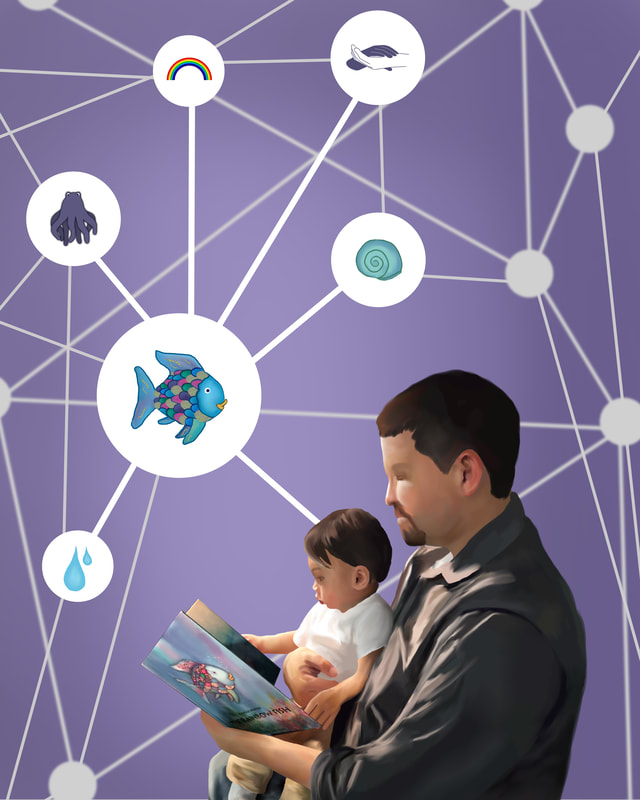What is Scientific Visualization?
Scientific visualization is the communication of science and engineering through art. This includes data representation, graphic design, animation, and drawing that allow for the visual communication of information. Visuals are powerful for sharing complex information across language and educational barriers. With a background in scientific visualization students can take their chosen scientific discipline and combine it with a set of fundamental and advanced art skills.
Minor in Scientific Visualization
The minor in Scientific Visualization is an interdisciplinary collaboration between the College of Applied and Natural Sciences, the College of Engineering and Science, and the College of Liberal Arts that will educate students in art and science or engineering with special topics courses being an opportunity to merge the two disciplines. The minor is open to students in all disciplines but works best for students pursuing a science or engineering major. Upon completion of the curriculum students will have earned a BS in the science or engineering field of their choice and a minor in Scientific Visualization. As part of the curriculum, students are required to work with the clients in their area of sciences to illustrate concepts, data, and information. Students will also build a portfolio that may include publication of their work in scientific periodicals and textbooks.
The minor in Scientific Visualization consists of 21 hours of art-related course material. A student must pass all classes in the curriculum with a C or better.
The minor in Scientific Visualization consists of 21 hours of art-related course material. A student must pass all classes in the curriculum with a C or better.
Curriculum
The courses needed for the Scientific Illustration minor are listed in the PDF below.
| scientific_visualization_minor_-_louisiana_tech_university_-_acalog_acms™.pdf | |
| File Size: | 88 kb |
| File Type: | |
VISTA Center |
|



